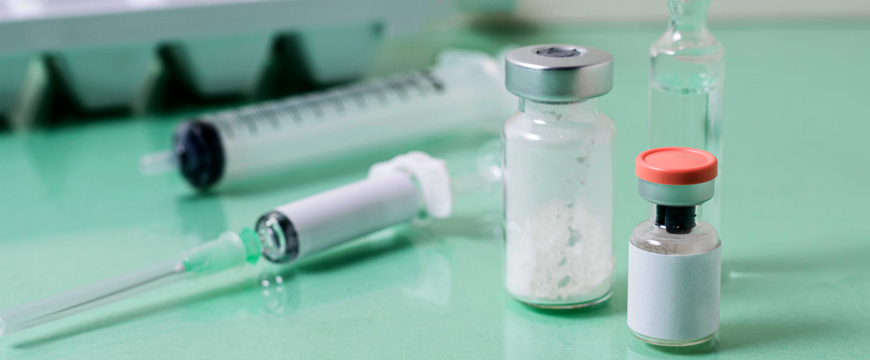
Immunisation is a way of protecting against serious diseases. Once we’ve been immunised, our bodies are better able to fight these diseases if we come into contact with them.
Immunisation is one of the biggest health successes of the last century. Some diseases that are caused by viruses can’t be cured with antibiotics. The only way to control them is by immunisation.
The only way to control them is by immunisation. When enough people are immunised against an infection, it’s more difficult for it to be spread to those who are not immunised. This is called ‘herd immunity’.
Your immune system is designed to have a “memory” of previous infections. When your body encounters a microbe that has previously caused an infection, it enhances its production of white blood cells and antibodies to prevent infection a second time. When you get vaccinated, you “trick” your body into thinking that it has been infected by a particular microbe—thus boosting its own defences against infection.
The Green Book
Information for Public Health Professionals on Immunisation
Immunisation against infectious disease – GOV.UK
For further information:
NHS vaccinations and when to have them – NHS
Why vaccination is safe and important – NHS